Thursday is Thanksgiving and all is quiet on the MLB hot stove. Big name free agents and trades will be the talk of the upcoming winter meetings. Although these are the fan favorite topics, most organizations are self-evaluating their clubs up and down the system. The player evaluation in the organization is extremely critical, specifically in the game of baseball, for the future. As the arbitrations are handed out, the Mets have several players due a significant increase in salary. Lucas Duda, Travis D’Arnaud, and Jeurys Familia will receive arbitration awards increasing their salary. These deals are stopgaps and ultimately delay the final evaluation of the player from the organization. Duda, specifically, will earn around $6.7 million in 2016, an increase from his $4.2 million salary in 2015.
Lucas Duda debuted with the Mets in 2010. In his first three seasons in the big leagues, Duda failed to play more than 121 games in a season. He was a below average outfielder with very raw power. The young slugger hit 15 homeruns two seasons in a row. In 2014, Duda had his healthiest and most successful, hitting 30 homeruns and 92 RBI’s. Although this was a great improvement, Duda continued to have a high strikeout ratio. In 2014, Duda struck out 135 times. The 135 strikeouts were good for the 31st most strikeouts in the entire league. Similar to most power hitters, the strikeout rate is up as is the walks. Duda finished 2014 in the top 25 of batters walked. Defensively, Duda found a home at first base. He grew comfortable in the infield and became an average defender. The lack of intelligent decision-making and arm accuracy were the weakest aspects of Duda’s defensive game.
Like every baseball player, Duda has his strong and weak points. Duda possesses a big leg kick to start his swing. This is purely a timing mechanism that can be disturbed by a pitcher like Johnny Cueto. He has extremely quick hands and comes through the zone well on the inside fastball. The weaknesses start with the off speed on the outside part of the plate. If Duda had the presence of mind to drive the ball to the left center gap, teams would not be as inclined to shift so heavily on him. The growing popularity of the shift has no doubt taken points off of Duda’s batting average, but that is not the reason he is being paid. The power provided by Duda is much needed in a very weak Mets lineup. However, Duda is extremely streaky and can spend weeks at a time with no homeruns. The question is can the Mets soft lineup afford to have such a lack of consistency? Is this lineup the issue or is Duda an unworthy candidate for a long-term contract?
Dominic Smith provides the Mets with the only future at first base. Smith is coming off a solid year in Port St. Lucie and the Arizona fall league, but has yet to discover his power at the professional level. Smith is still two years away from making an impact at the major league level, which gives Duda a negotiating chip for a multi-year contract. I believe the Mets should be actively shopping Duda in a package trade for a more consistent player in a position of need. It would serve the organization better to offer additional money to Daniel Murphy, who can play first base along with second and third base. With the recent production of Duda, he should have more trade value than he ever has had.
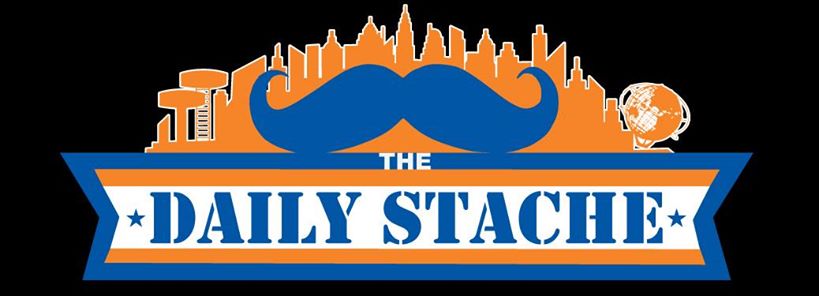
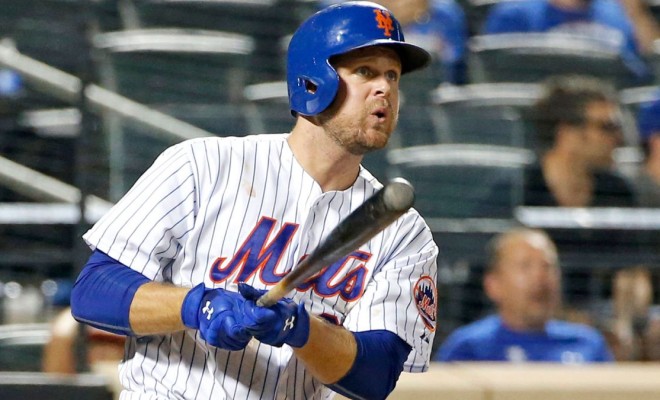
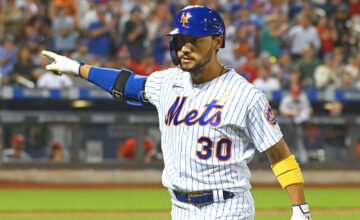
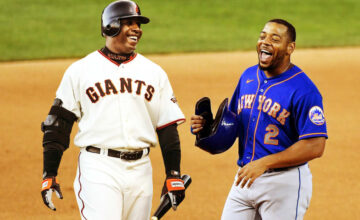
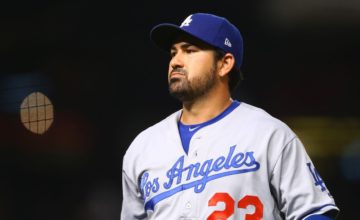
1 Comment